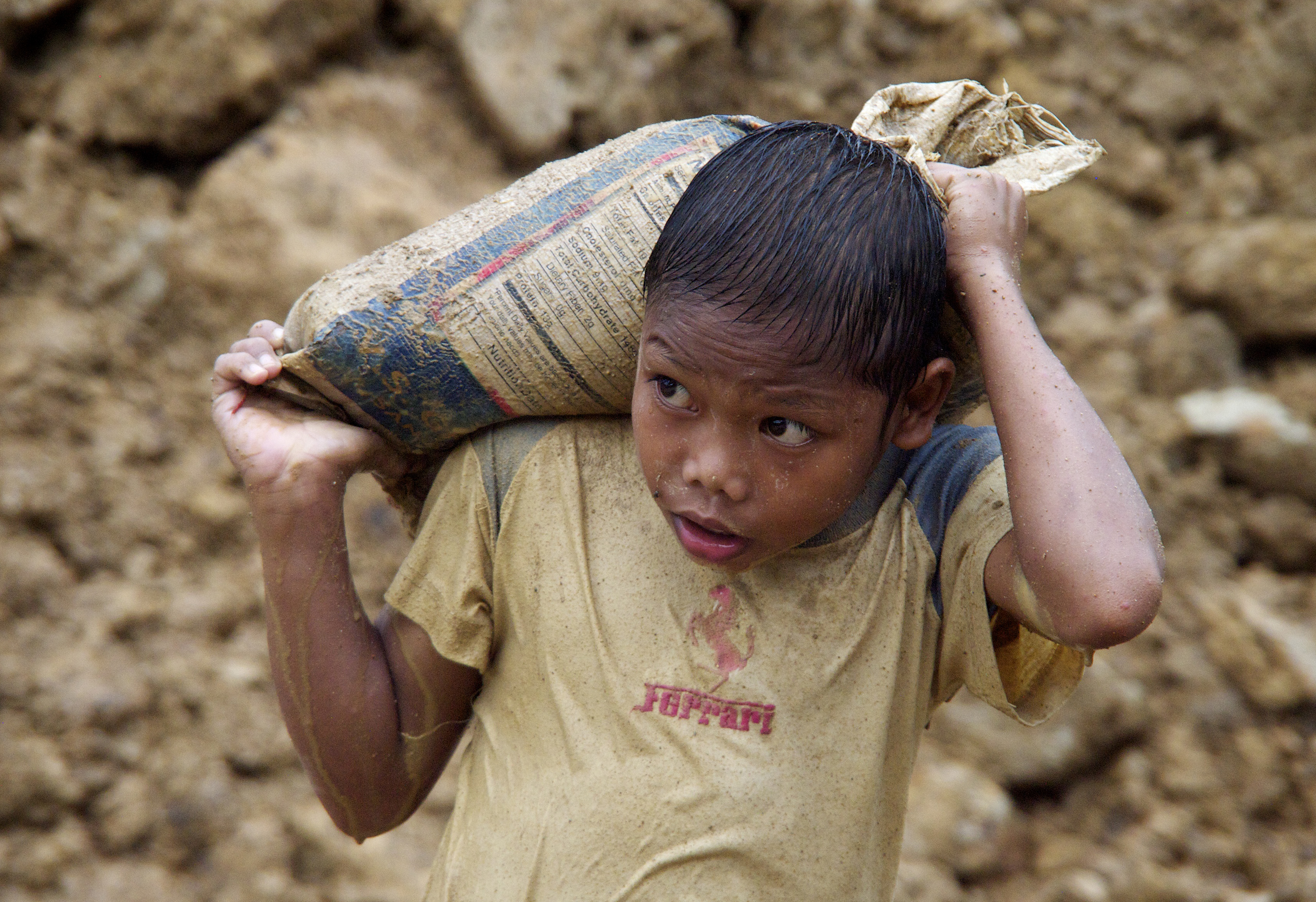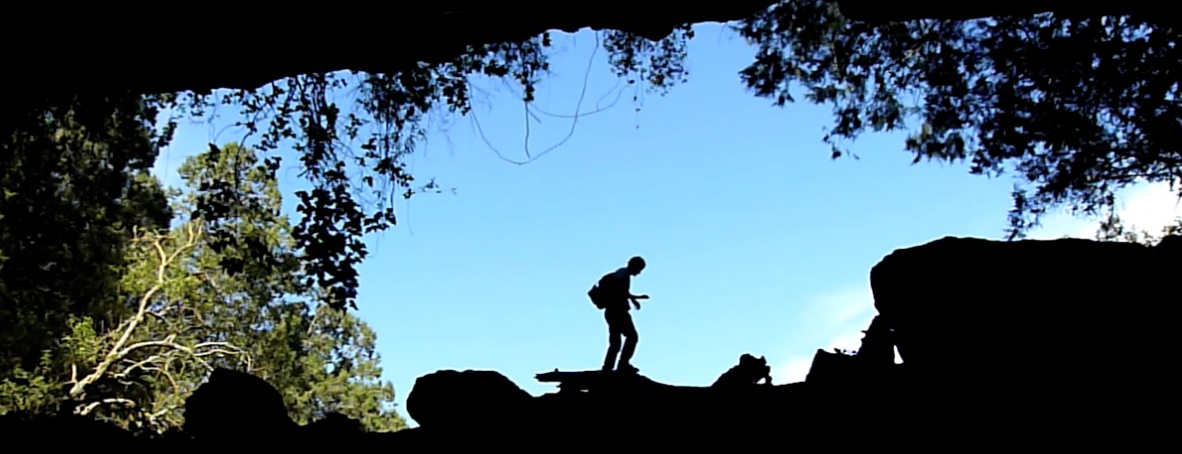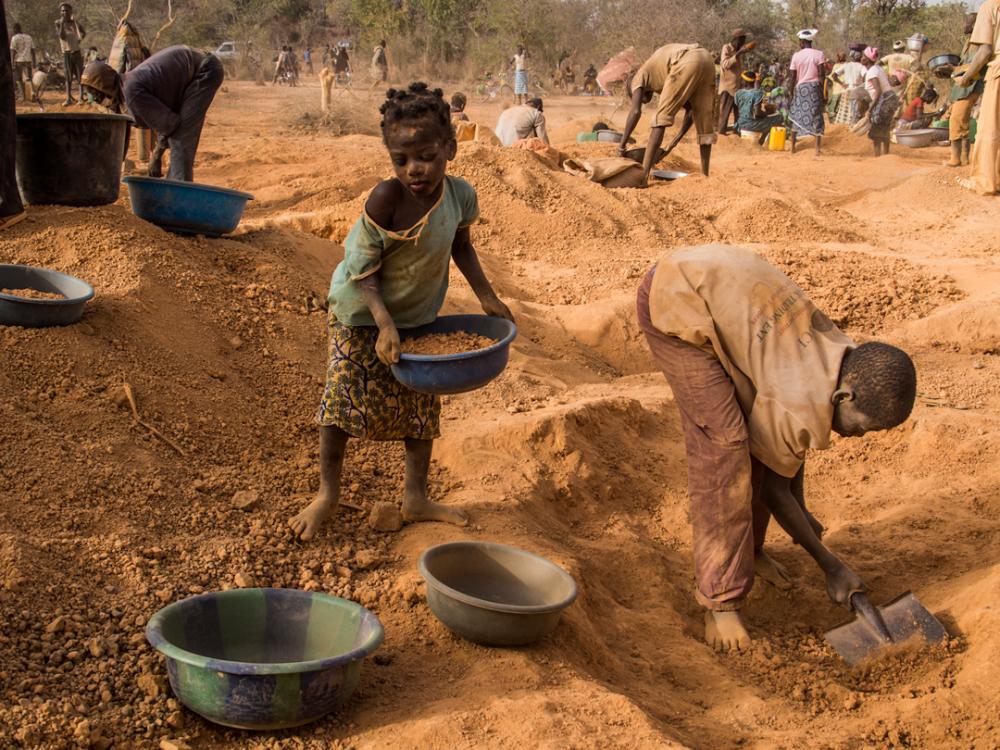
"We will illuminate dark places and, with a deep sense of responsibility, interpret these troubled times." —Joseph Pulitzer III
The Pulitzer Center was founded in 2006, motivated by this responsibility, and in its first 10 years, has supported reporting projects on systemic crises across the globe, brought journalists to hundreds of schools to teach students, helped experts communicate global health issues, and invited communities surrounding human rights issues to engage in discussions of change.
On Wednesday, April 6, 2016, at Columbia University School of Journalism, the Pulitzer Center joined the Pulitzer Prizes Centennial Celebration hosting one of its Campfires sessions, "Living the Pulitzer Legacy." You can view the entire presentation—shot and produced by Steve Sapienza, senior producer at the Pulitzer Center—at the link above, or jump to the individual talks as follows:
-- Mike Pride, administrator of the Pulitzer Prizes and formerly the long-time editor of the Concord (NH) Monitor;
-- Paul Salopek, National Geographic Fellow (in a special videotaped message from Kazakhstan, on his Out of Eden Walk around the world;
-- Photographer Larry C. Price, on his Pulitzer-Prize winning reporting from Africa and Angola and on his current project with the Pulitzer Center on pollution as a global health issue;
-- Thomson Reuters journalist David Rohde (and Pulitzer Center board member), on his Pulitzer-Prize winning reporting from the Balkans and Afghanistan and on the importance of safety standards for free-lance journalists;
-- Pulitzer Center Founding Director Jon Sawyer, on the growth of the Pulitzer Center and the importance of the Pulitzer legacy in the center's work.
"Tonight's program correctly views the Pulitzer Prizes as a comma—living the Pulitzer legacy," Mike Pride, administrator of the Pulitzer Prizes, said during a warm welcome and introduction tracing the history and sustaining influence of the Pulitzer journalism tradition.
Sheila Coronel, dean of Academic Studies at Columbia University School of Journalism, introduced the speakers and moderated a Q&A which covered issues of journalist safety, adapting to the shifting media landscape, and the importance of human stories that drive change.
In response to the questions asked by high school students from the News Literacy Project, the journalists concluded with the unanimous belief that young journalists will continue to shine light on untold stories in the data-driven and fast-paced future of journalism.
The Pulitzer Center promotes lasting education with the journalism projects it supports by bringing journalists into classrooms throughout the U.S. to engage students in understanding and documenting issues in their own communities and across the globe. Rohde shared his experience with students during school visits: "In the schools, we see their hunger for incredibly moving imagery, they care about human stories." He added that this helps him believe in the rise of nonprofit journalism.
"Covering these stories is in my DNA. The people that are successful in this are going to be passionate about the stories they cover," Price said. His global project supported by the Pulitzer Center started out with reporting on child labor in gold mining in the Philippines and in Indonesia. Price continues the investigation, now expanding to coverage of health effects of pollution in other industries around the world.
"Reaching audiences that are not engaged in conventional news is critical," Sawyer said, emphasizing the importance of a lasting Pulitzer legacy and the Pulitzer Center's engagement with students, public health experts, and the public through in-depth journalism and education.

Tiny children and teens toil in the gold mines of the Philippines and Indonesia. A risky, often...

Project
David Rohde Reports
David Rohde, prize winning reporter and Pulitzer Center board member, covers foreign affairs...

As Paul Salopek journeys around the world on foot, he will follow the migration pathways of our...












